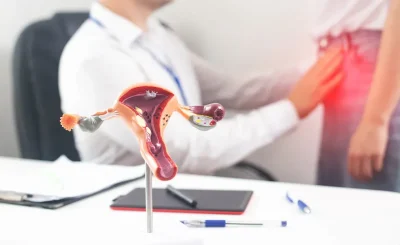Struggling with infertility can feel overwhelming. Many couples wonder when it’s the right time to seek help. Timing is crucial. Understanding when to consult an infertility specialist can make a big difference. For those dealing with Male infertility Alabama offers several resources. Recognizing and addressing infertility early can open up more options. Let’s explore how to determine the perfect time to reach out for help.
Understanding Infertility
Infertility affects many couples, with about 10-15% facing challenges. For women under 35, the general guideline is to seek help after a year of trying without success. Women over 35 should consider seeing a specialist after six months of trying.
Signs To Watch For
There are some signs that may suggest the need for earlier evaluation:
- Irregular or absent menstrual cycles
- Severe menstrual cramps
- History of pelvic infections or sexually transmitted diseases
For men, factors like low sperm count or motility issues also warrant a sooner visit to a specialist.
Common Causes of Infertility
Understanding the common causes of infertility can help guide your decision:
- Ovulation disorders
- Blocked fallopian tubes
- Endometriosis
- Low sperm count
The Role of a Specialist
Infertility specialists offer targeted tests and treatments. They assess both partners to find the root cause of the issue. If you’re over 35 or have any risk factors, early evaluation can be beneficial.
When to Seek Help
Deciding when to seek help depends on several factors:
| Age | Recommended Time to Seek Help |
|---|---|
| Under 35 | After 12 months of trying |
| 35 and over | After 6 months of trying |
| Any age with risk factors | As soon as possible |
Benefits of Early Consultation
Seeking help early opens doors to treatment options that might not be available later. Early intervention can improve the chances of conception and help address underlying health issues sooner.
Conclusion
Knowing when to seek help is vital for anyone facing infertility challenges. Use the guidelines above to determine the best time for you. With the right support and resources, the path to parenthood can become clearer and more hopeful.







